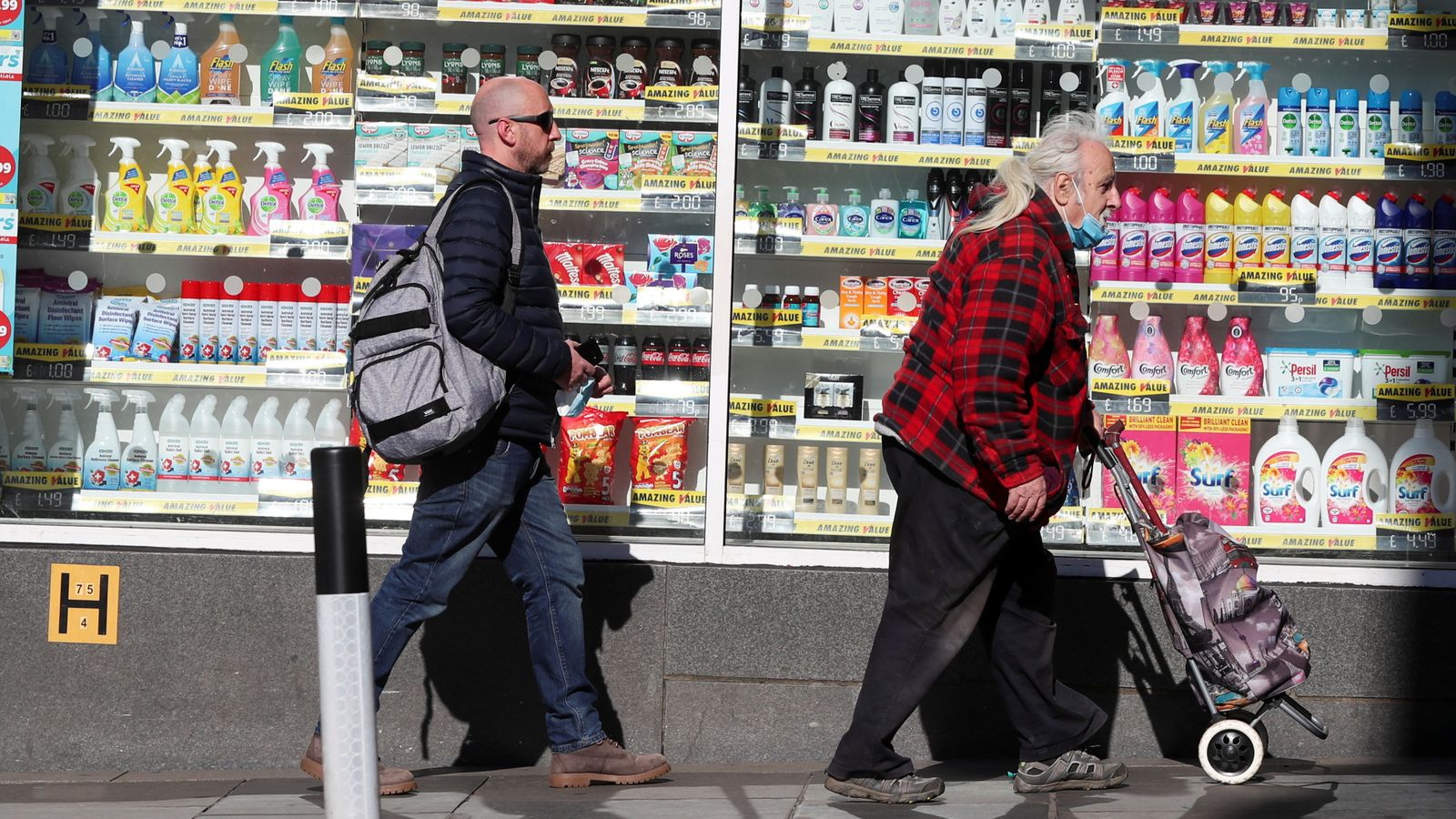The economy grew by 0.8% in May but remains 3.1% below its pre-pandemic peak, according to the Office for National Statistics.
The figure was just over half of the 1.5% growth predicted by economists and it was also lower than the 2% growth seen in April, when restrictions eased for non-essential retailers, hairdressers, pubs and restaurants.
Also included in the figures:
• The services sector grew by 0.9% in May, with a 37.1% growth in accommodation and food services as restaurants and pubs were allowed to serve customers indoors again
• Manufacturing of transport equipment fell by 16.5% – the largest fall since April last year – mainly because the global shortage of microchips hit car production
• Production sectors output grew 0.8% – bad weather boosted output in electricity and gas – and construction contracted by 0.8% but remains 0.3% above its pre-pandemic level (February 2020)
The Confederation of British Industry’s chief economist Rain Newton-Smith said the easing of coronavirus restrictions had brought a “welcome rise in activity” in May.
She added: “But while more businesses were able to reopen their doors, times remain tough for our hardest hit sectors, particularly aviation and international tourism with some missing out on valuable summer trade to recoup their losses.
“With further pent-up demand providing an engine for growth, all signs point to a promising economic outlook for the UK over the course of the year. It’s now critical business and government work together to rebuild customer and employee confidence in living with the virus, while also maintaining progress in tackling the pandemic itself.”
Chancellor Rishi Sunak said: “It’s great to see people back out and about thanks to the success of the vaccine rollout, and to see that reflected in today’s figures for economic growth.
“Our unprecedented package of support – including business loans, the furlough scheme and a reduced rate of VAT for the hospitality and tourism sectors – has protected millions of jobs and helped businesses survive the pandemic.”
But Bridget Phillipson, Labour’s shadow chief secretary to the Treasury, said: “After causing the UK to experience the worst economic crisis in the G7, the Conservatives should be getting the economy powering on all cylinders. Instead, this morning’s growth data shows how fragile the UK’s economic recovery is.
“Instead of the Conservatives’ failure to secure the recovery, Labour’s plan to buy, make and sell more in Britain would mean seizing new opportunities to shape a new future for Britain.”
